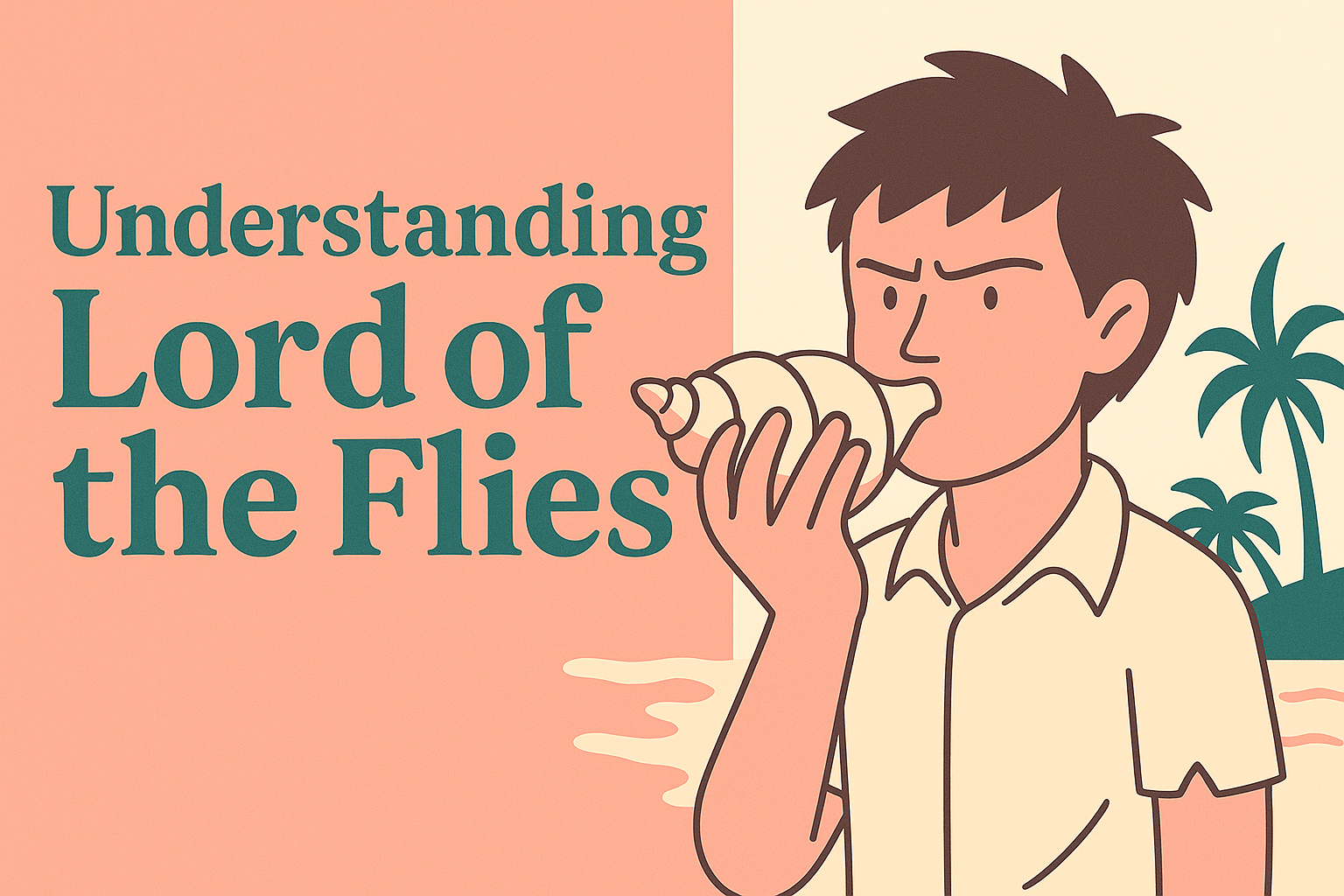Understanding Lord of the Flies for Your English GCSE: What You Need to Know
Hey students! I'm Sophie, and when you're gearing up for your English GCSE, you're probably going to come across Lord of the Flies by William Golding. Trust me, I know it can be a tough read, but understanding it can give you a real edge in your exams. So, let's go crashing in (excuse the pun!)…
The Plot in a Nutshell (or Maybe a Conch)
A group of British boys are stranded on a deserted island. Initially, they try to set up a civilised society. However, things quickly deteriorate as their darker instincts take over. Sounds like an adventure gone wrong, doesn't it?
Main Themes
Civilisation vs. Savagery
This is the big one. The novel explores how easily the veneer of civilisation can peel away, revealing the primal instincts lurking beneath.
Loss of Innocence
As the boys' societal structure breaks down, so does their innocence. It's a poignant reminder of the complexities of human nature.
Fear and Power
Fear can easily be manipulated to control others. In the book, the boys' fears are harnessed to devastating effect.
Key Characters
Ralph
He's the 'good guy,' keen on maintaining order and returning home. Take note of his transformations throughout the story.
Jack
Ralph's counterpart, Jack revels in the absence of rules. His descent into savagery is crucial for your understanding of the novel.
Piggy
Piggy represents intellect and reason, but sadly, he's often ignored. His fate is a significant turning point.
Essential Quotes
"The thing is—fear can't hurt you any more than a dream."
"We did everything adults would do. What went wrong?"
These are just a couple of quotes you should know. They encapsulate the essence of the book and can be used in multiple essay questions.
Exam Tips
Always refer back to the text.
Use quotes to support your points.
Focus on how Golding uses language to convey his themes.
Conclusion
Understanding "Lord of the Flies" is not just about knowing the plot and characters; it's about grasping the deeper themes that Golding wanted to explore. Armed with this knowledge, you'll be in a strong position to tackle any question your GCSE exam throws at you.
Best of luck, Sophie.

